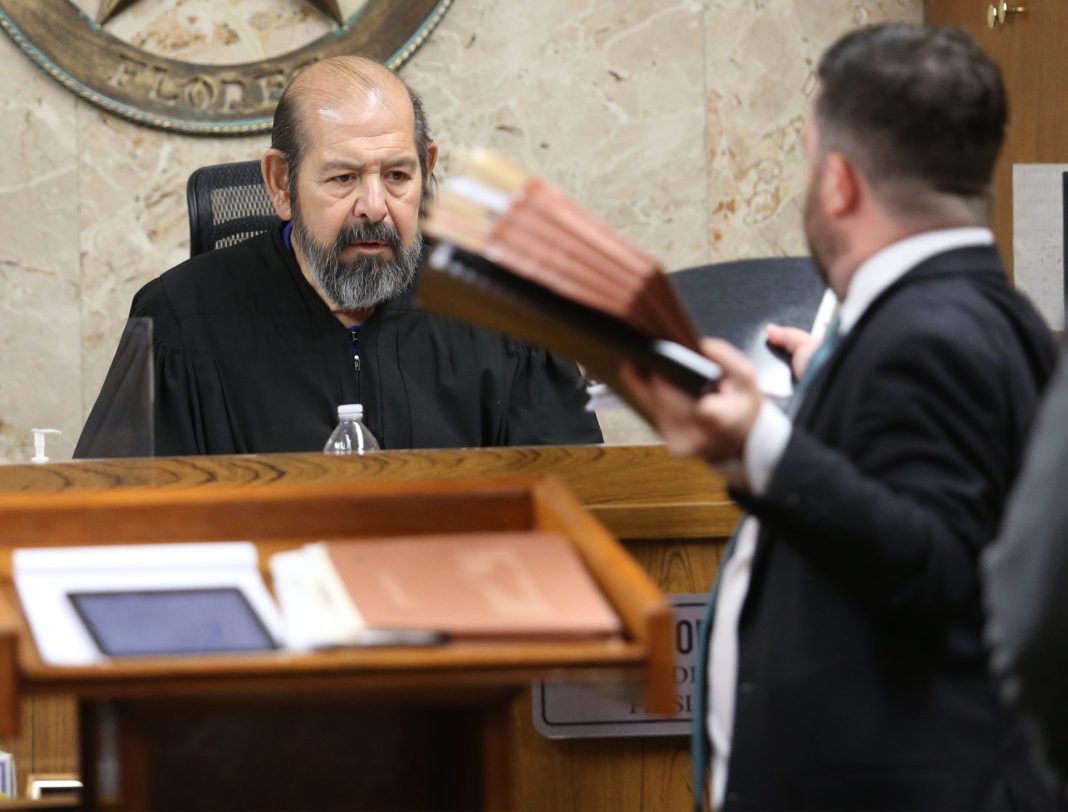|
Only have a minute? Listen instead
Getting your Trinity Audio player ready...
|
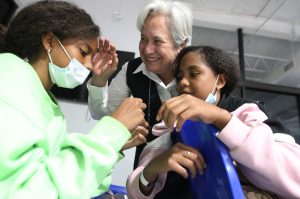
EDINBURG — Catholic Charities of the Rio Grande Valley is fighting against efforts by the Texas Attorney General’s Office to investigate the religious nonprofit over claims that it may be participating in human trafficking.
On June 5, Texas Attorney General Ken Paxton filed a motion seeking to force representatives from the nonprofit to appear for sworn depositions as the state attempts to gather evidence for a potential lawsuit.
The AG filed the motion under the authority of the Texas Business Organizations Code, a broad statute that defines how corporations and nonprofits registered to operate within the Texas must conduct themselves.
But attorneys for Catholic Charities argue that the state doesn’t have the power to compel such sworn testimony under the business code, and that instead, partisan state leaders are on a “fishing expedition” seeking evidence of wrongdoing where none exists.
“The Petition represents a fishing expedition into a pond where no one has ever seen a fish,” Catholic Charities stated in a response filed with the court on July 3.
During an evidentiary hearing in the 139th state District Court before Judge Bobby Flores, state attorneys went a step further in their allegations against the nonprofit, saying Catholic Charities has been attempting to stymie an investigation into potential criminal actions.
“We’re looking into, specifically, several criminal … possible criminal violations — smuggling persons and bringing in and harboring certain aliens,” Matthew Kennedy, an attorney with the AG’s office explained.
Two things have prompted the state’s investigation — allegations made by Texas Gov. Greg Abbott and an incendiary letter written by U.S. Rep. Lance Gooden, a Republican representing Canton, Texas, just east of Tyler.
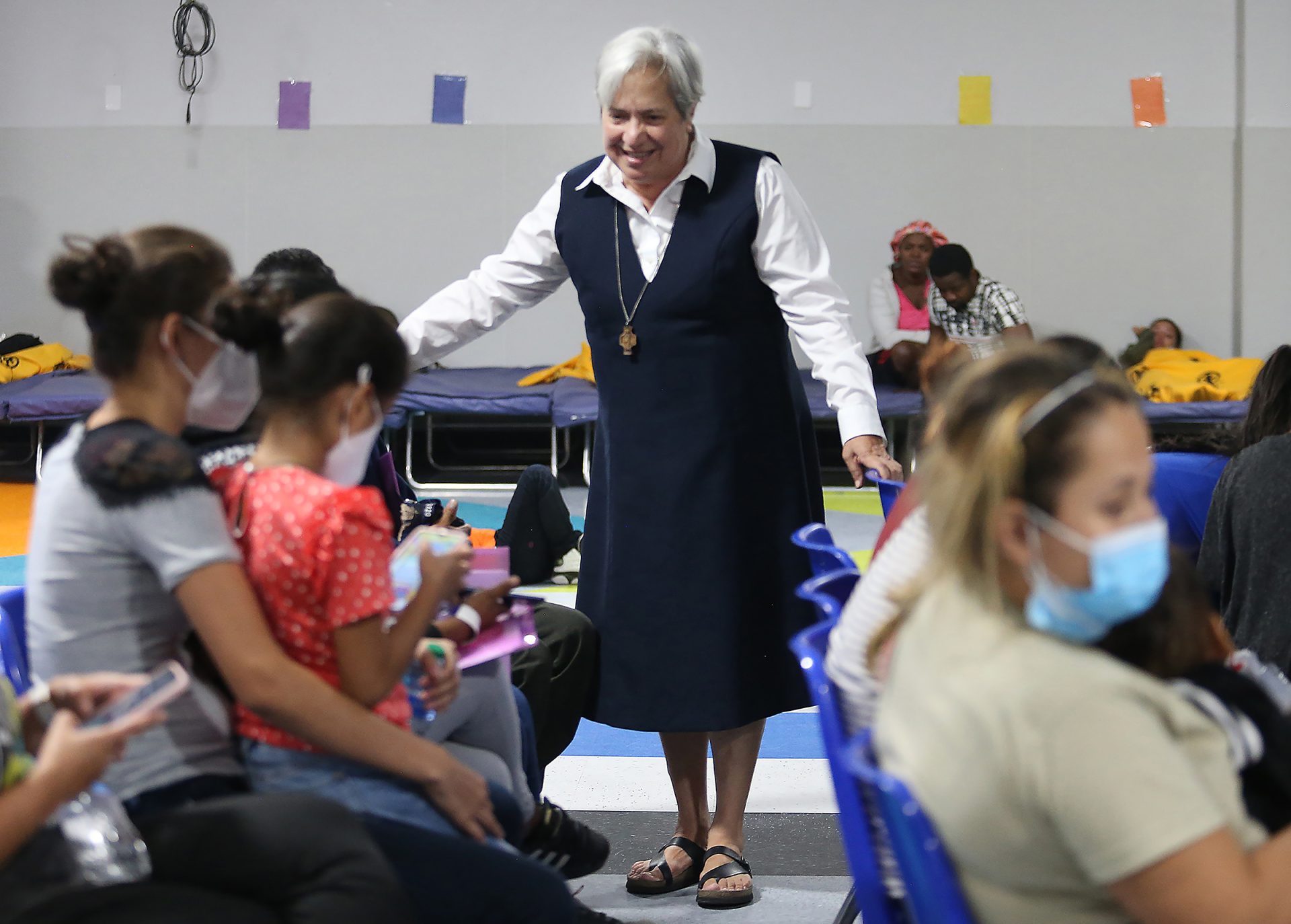
“We cited to, in our petition, a letter from Gov. Abbott saying that there is an influx of nongovernmental organizations operating on the border and illegally transporting the migrants across the border,” Kennedy said Wednesday.
“(Gooden) also makes the same observation, saying that there was an investigation, that there are NGOs that are operating on the border and illegally transporting migrants across the border,” he added a moment later.
But the state has provided no evidence to substantiate such allegations, William Powell, an attorney with the Institute for Constitutional Advocacy, part of the Georgetown University Law Center, said.
Powell was one of several out-of-town attorneys that Catholic Charities brought in to assist Brownsville attorney, David Garza, to fight the state’s efforts.
“It’s a letter from only one congressman and they provided no substantiated evidence today — or at all — to suggest that that congressman’s allegations have any basis whatsoever,” Powell said.
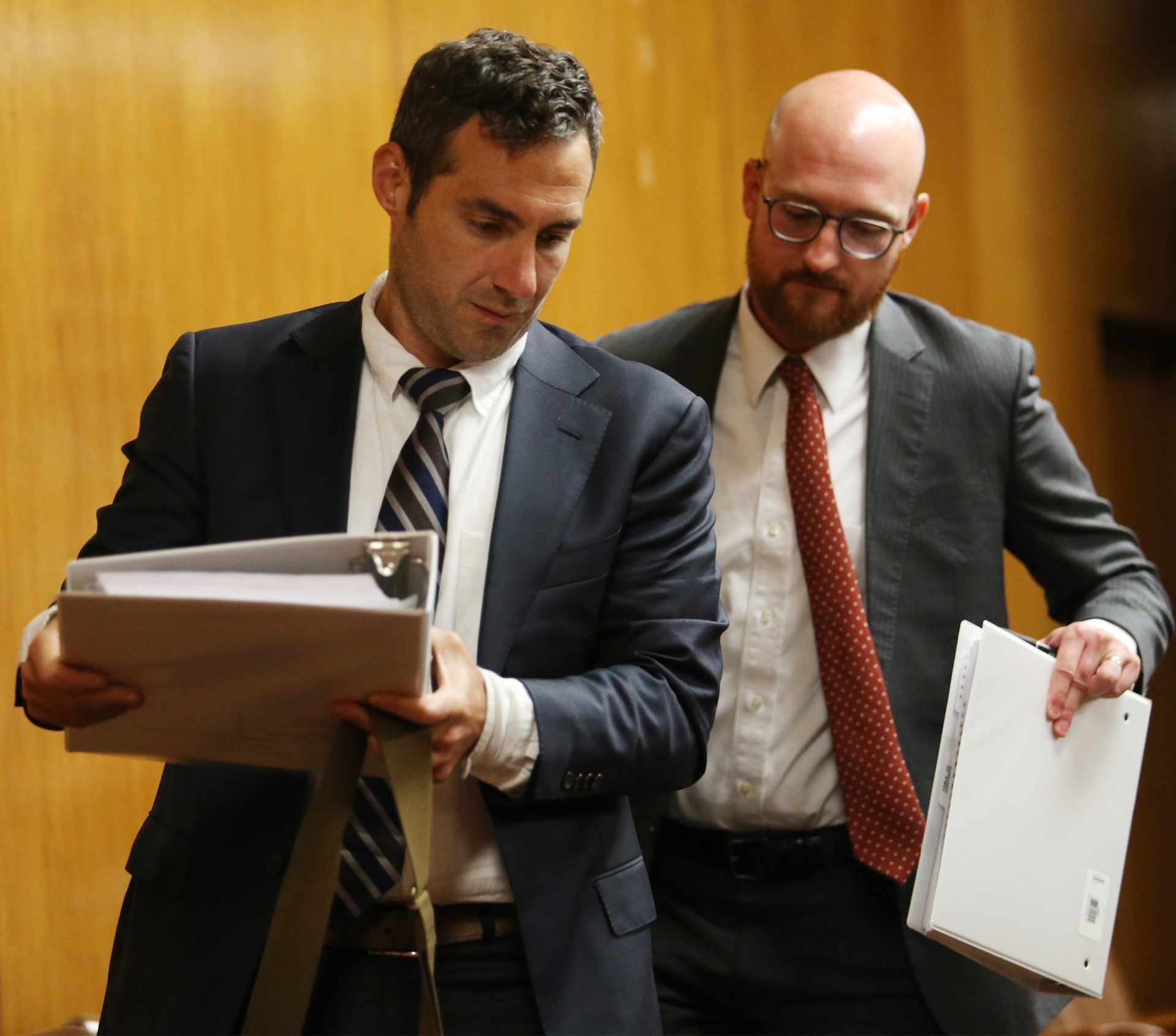
Instead, the AG’s office is conflating Catholic Charities of the Rio Grande Valley with an unaffiliated organization with a similar name, Catholic Charities of the USA.
“There’s just no basis to think that Catholic Charities of the Rio Grande Valley has done anything unlawful,” Powell said.
Powell went on to say that the nonprofit provides aid only to migrants who have the legal authority to be within the United States.
Indeed, federal immigration officers are often the ones who transport migrants to the nonprofit’s respite center in downtown McAllen after they have made their way through a federal vetting process.
“They show that they comply with the law and that’s their strict policy to admit noncitizens who have been processed by the federal government and are in the country legally,” Powell said.
The dispute between the nonprofit and the state began in March, when the AG’s office first began to make written inquiries.
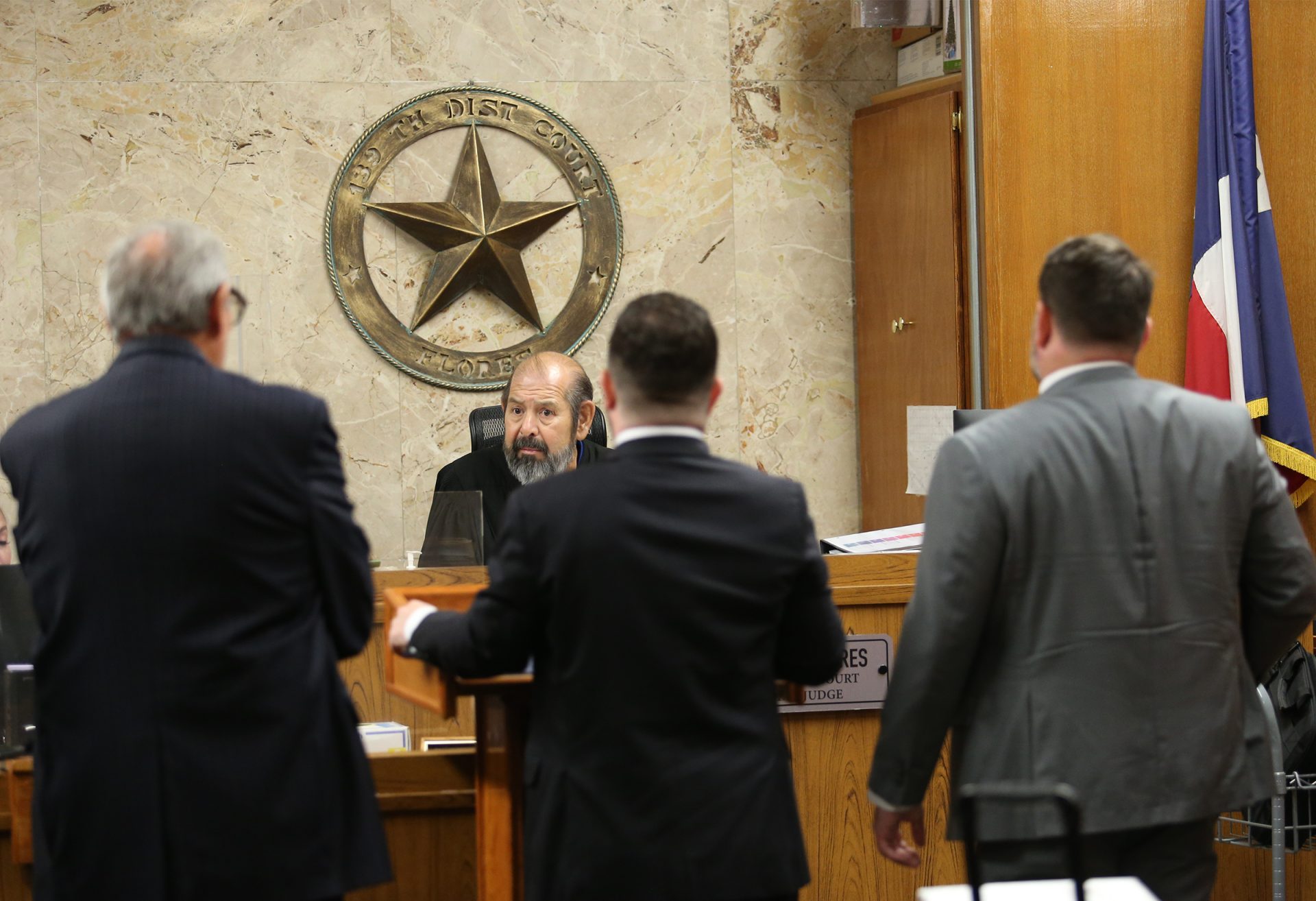
Catholic Charities responded with various correspondence, including more than a hundred pages worth of documents and a sworn statement from Sister Norma Pimentel, the Catholic nun who serves as the organization’s executive director.
But the AG’s office alleges that those responses were nothing more than an attempt by Catholic Charities to obfuscate information in order to hinder the state’s investigation.
In response, Catholic Charities argued that the state is infringing upon the organization’s religious freedoms.
Catholic Charities further argued that the attorney general is attempting to exceed his authority to investigate under the Business Organizations Code, as well as his Texas constitutional authority.
“The Texas Attorney General’s Office does not have constitutional power to prosecute crimes in the state,” Powell said, arguing that the state cannot use civil statutes to fish for information for a potential criminal prosecution which the AG has no authority to pursue.
In Texas, criminal prosecutions are the domain of elected district attorneys.
Finally, Catholic Charities pointed to a similar state effort to interfere with the operations of another religious nonprofit that assists migrants — El Paso’s Annunciation House.
Earlier this month, a court found that the state’s attempts to subpoena that nonprofit using the business organizations statute to be unconstitutional.

